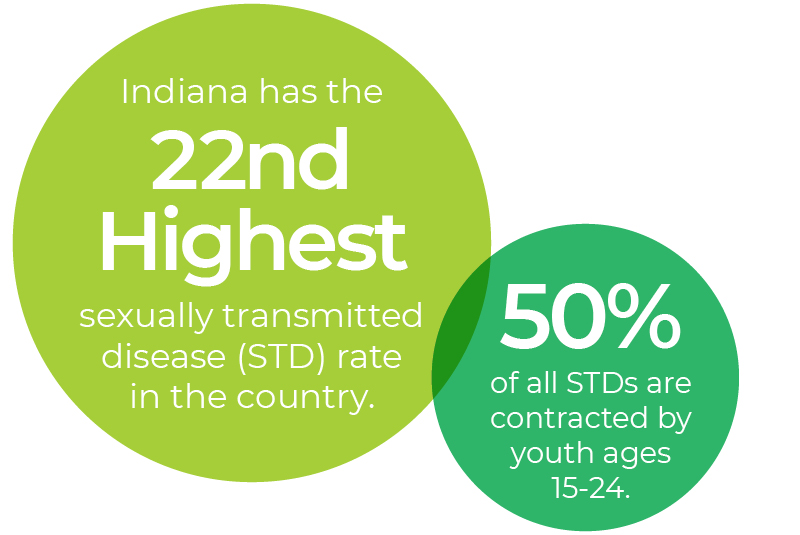Knowledge Leads to Prevention
Sexually transmitted diseases (STDs) are spread from one person to another through sexual intercourse or intimate contact. Examples of STDs include chlamydia, genital herpes, gonorrhea, syphilis, human papillomavirus (HPV), and HIV/AIDS. Both males and females can be affected by STDs.

Facts About STDs:
- Many people may have an STD without knowing it, because some do not cause visible symptoms.
- Untreated STDs can cause serious health issues, including infertility, cancer, and even death.
- The only way to fully protect against STDs is to choose abstinence or complete monogamy between two people without STDs.
- Having unprotected sex or intimate contact can put a person at risk of STDs.
Parents should understand that talking to their teens about STDs will not encourage sexual behavior. Rather, it will keep teenagers informed so they can make good decisions about their health and well-being.
For more information about the common STDs discussed in LifeSmart Youth programs, click here.
People who suspect they may have an STD should see their doctor immediately for testing.
Visit these online resources for more information:
About Sexually Transmitted Disease (TeensHealth)
Human Papillomavirus (HPV) (CDC)
